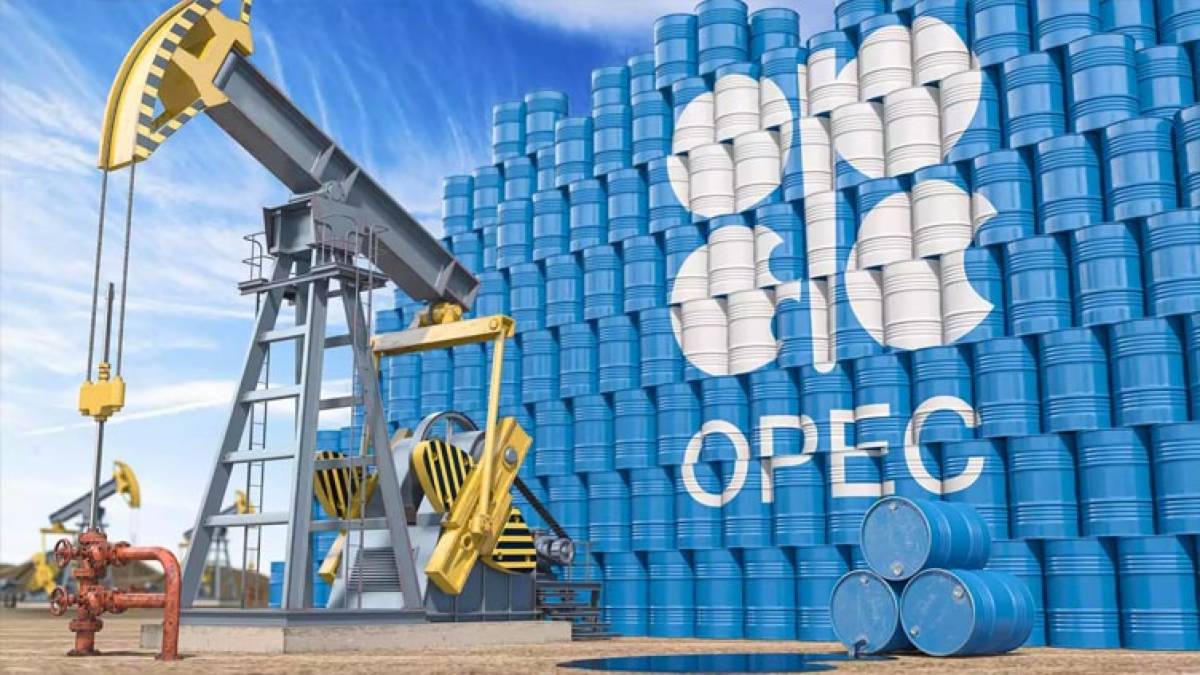Oil prices rose 3% on Monday after OPEC+ nations held their output targets steady ahead of a European Union ban and the start of a G7 price cap on Russian crude.
At the same time, in a positive sign for fuel demand in the world's top oil importer, more Chinese cities eased COVID-19 curbs over the weekend.
Brent crude futures were up $2.53, or 3%, at $88.10 a barrel by 1330 GMT. WTI crude futures gained $2.40, or 3%, to $82.38.
The Organization of the Petroleum Exporting Countries (OPEC) and allies including Russia, together called OPEC+, agreed on Sunday to stick to their October plan to cut output by 2 million barrels per day (bpd) from November through 2023.
"The decision ... is not a surprise, given the uncertainty in the market over the impact of the Dec. 5 EU Russia crude oil import ban and the G7 price cap," said Ann-Louise Hittle, vice president of consultancy Wood Mackenzie.
In addition, the producers’ group faces downside risk from the potential for weakening global economic growth and China’s zero Covid policy."
The Group of Seven (G7) countries and Australia last week agreed on a $60 a barrel price cap on seaborne Russian oil.
Business and manufacturing activity in China, the world's second-largest economy, have been hit this year by strict measures to curb the spread of the coronavirus.
Persistent sluggishness in the Chinese economy could reverse oil's price gains, analysts warned.










